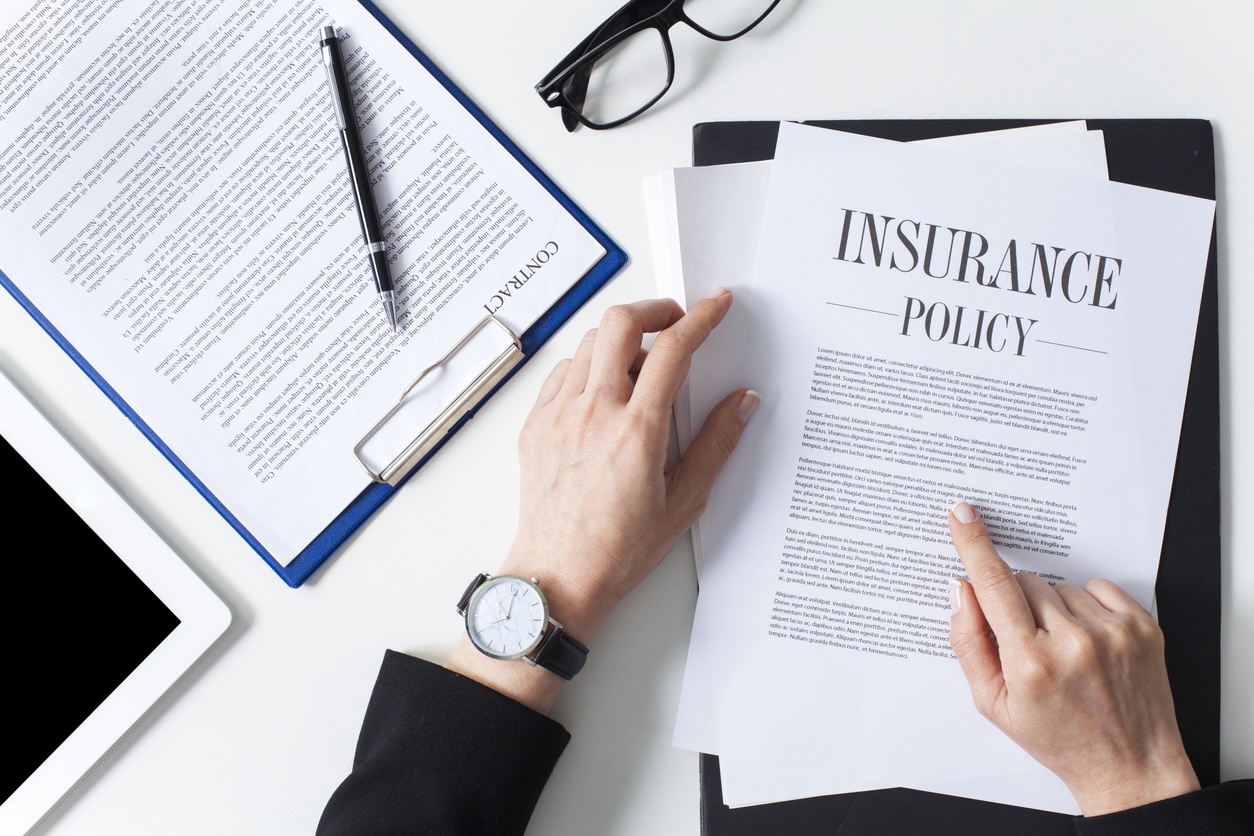
Key takeaways:
- Getting and keeping homeowners insurance is becoming more challenging, but it’s an absolute necessity for anyone who owns a home.
- We offer some resources on where to look, and outline what most policies include and exclude.
- We also offer tips on how to save money, and how to cover yourself for things your standard policy may omit.
Finding homeowners insurance has gotten tougher in recent years as costs have risen and more insurers pull out of areas they consider risky. In this article, we look at where to find a policy, what a typical policy covers and how you can save on this increasingly challenging, but necessary expense.
Whether you’re shopping for the first time, considering making a switch or searching for a replacement policy after a non-renewal, we hope this guide will help make the process easier.
Where to find a homeowners policy
Like anything related to your home, one of the best places to start is with personal referrals. Ask other homeowners if they’re happy with their insurance company, or if they’ve recently worked with a broker or agent. If so, start by calling that company or that person to see what they can offer you.
If you can’t get any personal recommendations, you’ll need to do some research. Looking at review sites online can be helpful. Keep in mind that many companies have their own agents who sell only insurance offered by their company. But there are also plenty of independent agents and brokers who can help you compare insurance from multiple companies for a small fee.
The national nonprofit group United Policyholders, which advises consumers to pay an experienced professional for this insurance, notes that you’ll likely pay anywhere from 7% to 15% of the total premium as a commission to an agent. A broker, in contrast, will probably charge that commission plus a fee.
The United Policyholders website has a listing of all the state insurance offices around the country. From there, you can navigate to a listing of insurers and brokers doing business in your state.
Experts often advise getting a few quotes from insurers before settling on one. It may also be a good idea to request multiple quotes, each for a different level of coverage, from the same company.
If you’re unable to find any private insurers willing to offer you coverage because you live in a disaster-prone area, you will probably have to turn to a state FAIR plan. FAIR stands for Fair Access to Insurance Requirements, and it is sometimes called the state “insurer of last resort.” FAIR insurers are available in roughly 30 states, and your state insurance commissioner’s website is your best resource for finding them.
You can also read about what to do if your insurer drops you.
What a typical homeowners insurance policy does and does not cover:
- Coverage for the structure of your home
Your insurance will pay to repair or rebuild your home if it is damaged by fire, hurricane, hail, lightning, or certain other disasters. There are limits to the disasters included, however. Most notably, floods and earthquakes are usually not covered. Many policies also cover structures located on your property — garages or sheds, for example.
Because they are promising to help you repair or even rebuild your home, insurance policies will generally want to know what the home’s “replacement” value is. You can figure out how much it would cost to rebuild your home by multiplying the average cost per square foot in your area by how much space you have. Add on those additional structures noted above. Note that the replacement value is not what you paid for the home, even if you bought it recently.
You should also buy additional coverage for the natural disasters that are most common in your area that don’t fall under standard policies – such as for fire, flood and earthquake. Flood insurance may be available through the National Flood Insurance Program, while you often can purchase separate earthquake policies from the same company that sells you homeowners insurance.
- Coverage for your personal belongings:
If they are stolen or destroyed by one of the disasters noted above, your personal belongings are covered under your homeowners policy. That includes furniture, clothing, toys, household goods, and more. It also includes any of your belongings that may not be on your property — say, items in a storage facility.
The Insurance Information Institute recommends conducting a home inventory to make sure you have a list of all your items, as well as their value. Don’t forget to include items you keep outside, like gardening equipment or sports gear. Also note that replacing valuables like jewelry, furs and art may be capped at a certain amount. You can insure those items separately through agreements that are often called riders or floaters.
- Other coverage:
Homeowners insurance may also cover you if someone is injured or their property is damaged in your home.
Finally, it usually also pays the costs associated with having to vacate your home when an insured natural disaster strikes (sometimes called “Loss of Use” coverage).
How to save money on your homeowners insurance
One of the best ways to save money on your homeowners insurance is to bundle it with other types of insurance you have. For instance, if you have an auto policy with a particular company, ask them how much they’ll discount if you also take out a homeowners policy.
Another strategy is to raise your deductible. That means you’ll have to spend a little more out of pocket before insurance kicks in, but you’ll save on the monthly premium payments.
You may also want to invest in home upgrades that mitigate the risk of damage to your home because of a natural disaster. There may be local community programs that offer resources on how to achieve that. And when shopping for policies, you may want to provide proof to the insurance company that you’ve taken those steps and ask if they’ll factor them into your policy cost.
In the same vein, home security systems and upgraded fire protections may also be money-savers when it comes to policy shopping.
Finally, you should always ask for discounts. Are you a veteran, over the age of 55, or in some other demographic that might qualify you? If you’re renewing your policy, have you been a loyal customer without any claims for several years? Experts advise always asking for discounts, even if they’re not advertised or offered.
Why should you have homeowners insurance?
Given the challenges associated with finding good coverage, and the cost involved, it may be tempting to roll the dice and consider not paying for homeowners insurance at all. That’s a bad idea. Not only is it much safer to have a professional on the hook for paying for repairs, it’s a requirement for every mortgage.
In addition, if you have a home equity agreement through Unlock or most other providers, you must maintain homeowners insurance.
This is not an area where you want to scrimp. So, take some time to research your options and make the best decision for you and your home.
The blog articles published by Unlock Technologies are available for informational purposes only and not considered legal or financial advice on any subject matter. The blogs should not be used as a substitute for legal or financial advice from a licensed attorney or financial professional. Links in our blog posts to third-party websites are provided as a convenience and are for informational purposes only; they do not constitute an endorsement of any products, services or opinions of the corporation, organization or individual. Unlock Technologies bears no responsibility for the accuracy, legality, or content of external sites or that of subsequent links.



